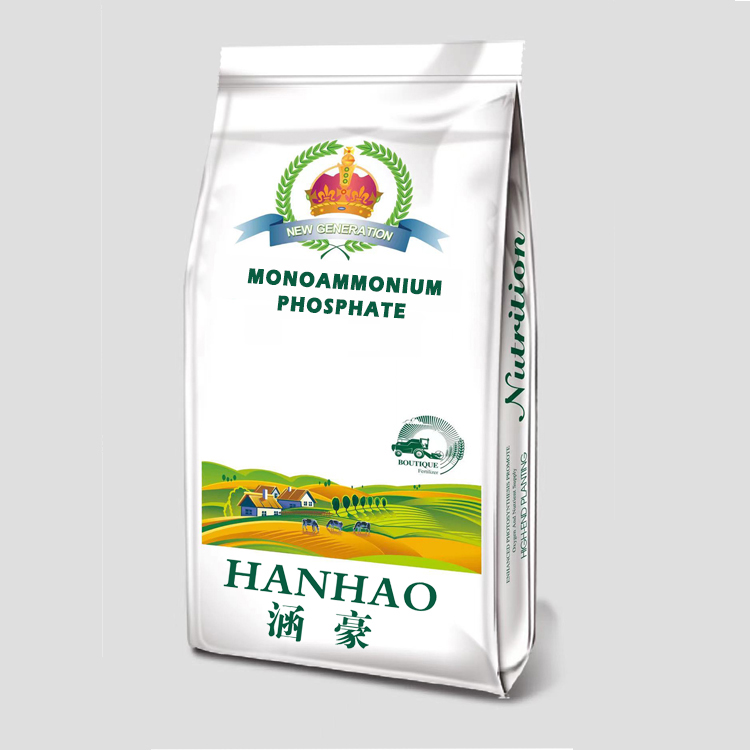
Oct . 05, 2024 04:09 Back to list
best powder npk fertilizer
The Best NPK Powder Fertilizer A Comprehensive Guide
When it comes to nurturing plants and ensuring they have everything they need for healthy growth, one of the most effective tools in a gardener's arsenal is NPK powder fertilizer. NPK fertilizer is a blend of three essential nutrients nitrogen (N), phosphorus (P), and potassium (K). Each of these elements plays a crucial role in plant health, making NPK fertilizers indispensable for both home gardeners and commercial growers alike.
Understanding NPK Ratios
The numbers on an NPK fertilizer package represent the percentage of each nutrient in the mix. For example, a fertilizer labeled as 10-20-10 contains 10% nitrogen, 20% phosphorus, and 10% potassium. These ratios indicate how much of each nutrient is available to plants. The right NPK ratio depends on the specific needs of the plants you are cultivating.
- Nitrogen (N) is vital for plant growth. It is a major component of chlorophyll, which plants use in photosynthesis. Nitrogen promotes lush, green foliage and is particularly important for leafy vegetables and grasses.
- Phosphorus (P) supports root development, flower formation, and fruit production. It plays a significant role in energy transfer within the plant and enhances the plant's ability to absorb nutrients and water.
- Potassium (K) is essential for overall plant health. It helps in the regulation of various physiological processes, including photosynthesis, nutrient transportation, and water retention. Potassium strengthens the plant's ability to resist diseases and stress, making it particularly important during flowering and fruiting phases.
Selecting the Right NPK Powder Fertilizer
Choosing the best NPK powder fertilizer for your plants involves understanding their specific nutrient requirements and growth stages
. Here are a few tips to help you select the right one1. Know Your Plants Different plants have varying nutrient needs. Leafy vegetables like spinach may require high nitrogen, while flowering plants may benefit from higher phosphorus levels. Research the specific requirements of the plants you are growing.
best powder npk fertilizer

2. Test Your Soil Conducting a soil test can provide valuable information about the nutrient levels already present in your garden. This can help you choose a fertilizer that complements your existing soil conditions rather than overwhelming it with an excess of certain nutrients.
3. Consider the Growth Stage Young seedlings often benefit from a balanced NPK fertilizer (like 10-10-10), while plants entering the flowering stage may require a fertilizer higher in phosphorus (such as 5-10-5). Always adjust the fertilizer based on the plant’s life cycle.
4. Application Method NPK powder fertilizers can be applied in various ways—broadcasting over the soil, mixing into potting mixes, or dissolving in water for a liquid feed. Choose a method that suits your planting style and the specific fertilizer you select.
Benefits of Using NPK Powder Fertilizer
NPK powder fertilizers are favored for several reasons
- Ease of Use Powder fertilizers can be easily measured and mixed with other soil amendments, ensuring precise application.
- Quick Nutrient Availability Powder forms dissolve readily in water, allowing for quicker nutrient absorption by plants, especially during active growth phases.
- Cost-Effective Generally, NPK powder fertilizers are available at competitive prices, providing a cost-effective solution for addressing nutrient deficiencies.
Conclusion
Incorporating the best NPK powder fertilizer into your gardening routine can significantly enhance plant health and productivity. By understanding the unique needs of your plants and selecting the right NPK ratio, you can provide them with the nutrients they need to thrive. Whether you are a seasoned gardener or just starting, NPK fertilizers can be a valuable investment in your gardening success. Remember to regularly monitor your plants and adjust your fertilizer regimen as needed to maintain optimal growth and yield.
-
10 10 10 Fertilizer Organic—Balanced NPK for All Plants
NewsJul.30,2025
-
Premium 10 10 10 Fertilizer Organic for Balanced Plant Growth
NewsJul.29,2025
-
Premium 10 10 10 Fertilizer Organic for Balanced Plant Growth
NewsJul.29,2025
-
Premium 10 10 10 Fertilizer Organic for Balanced Plant Growth
NewsJul.29,2025
-
50 Pound Bags of 13-13-13 Fertilizer for All Plants – Bulk & Organic Options
NewsJul.28,2025
-
High-Efficiency 15-30-15 Granular Fertilizer for Healthy Crops
NewsJul.28,2025
